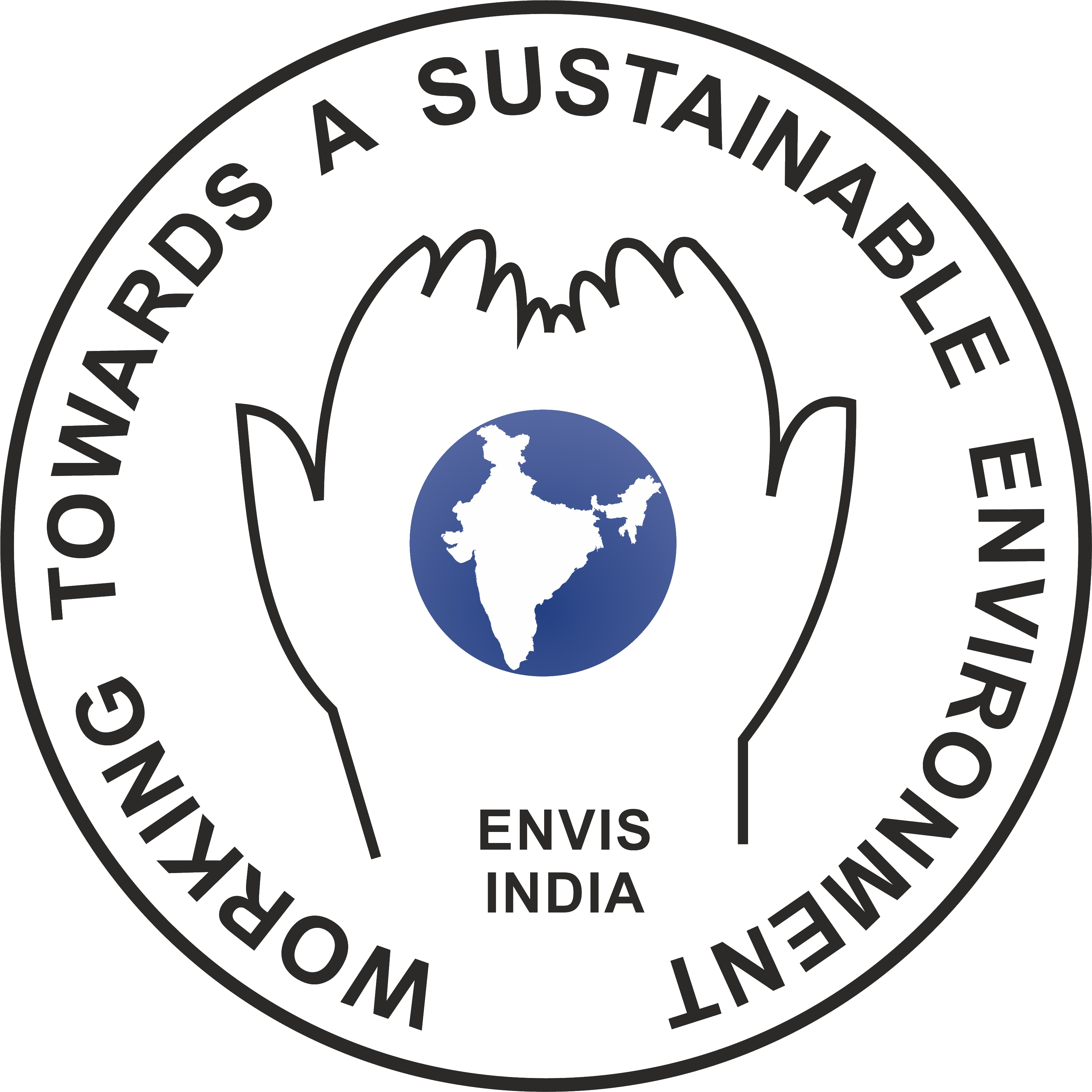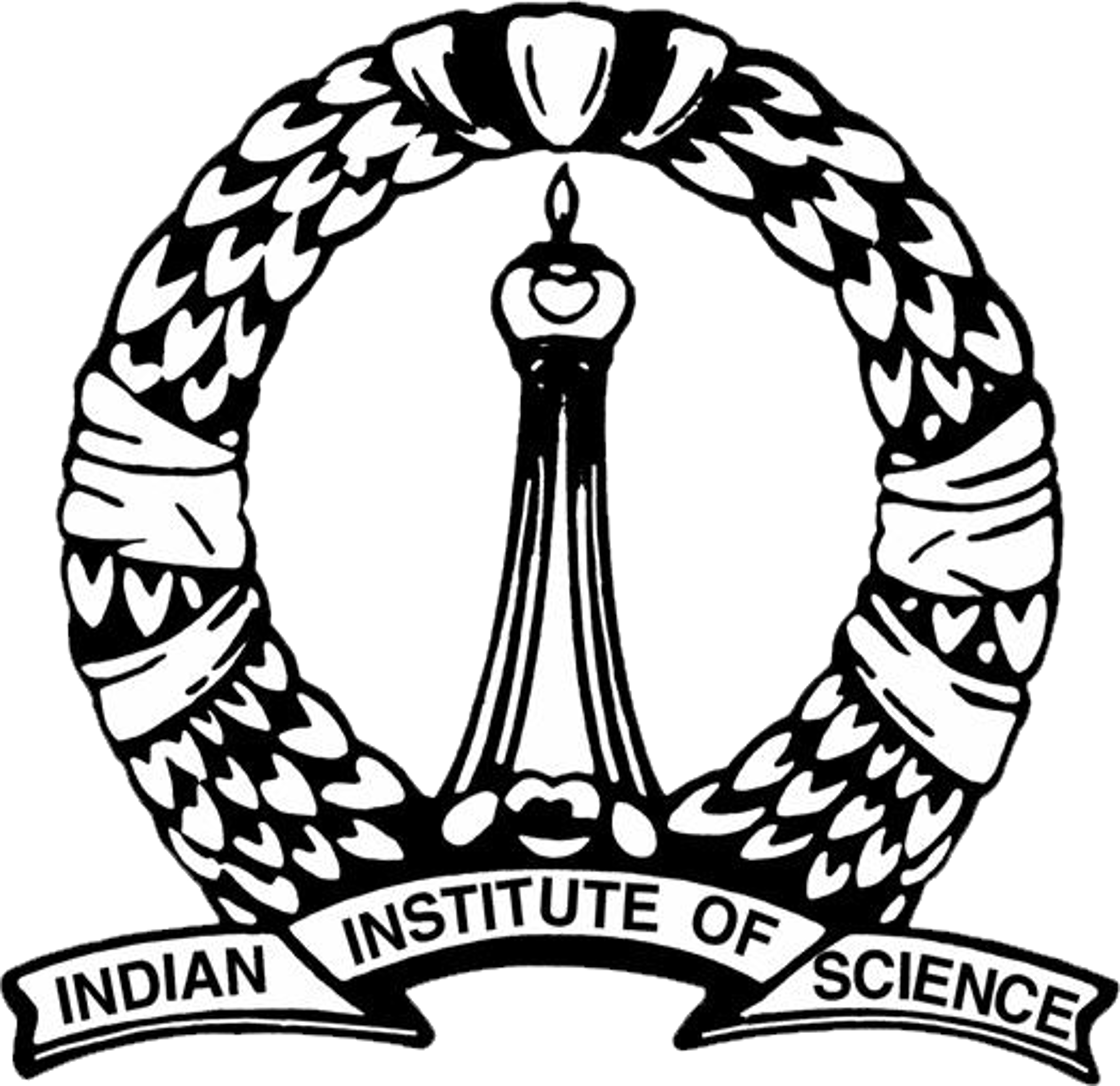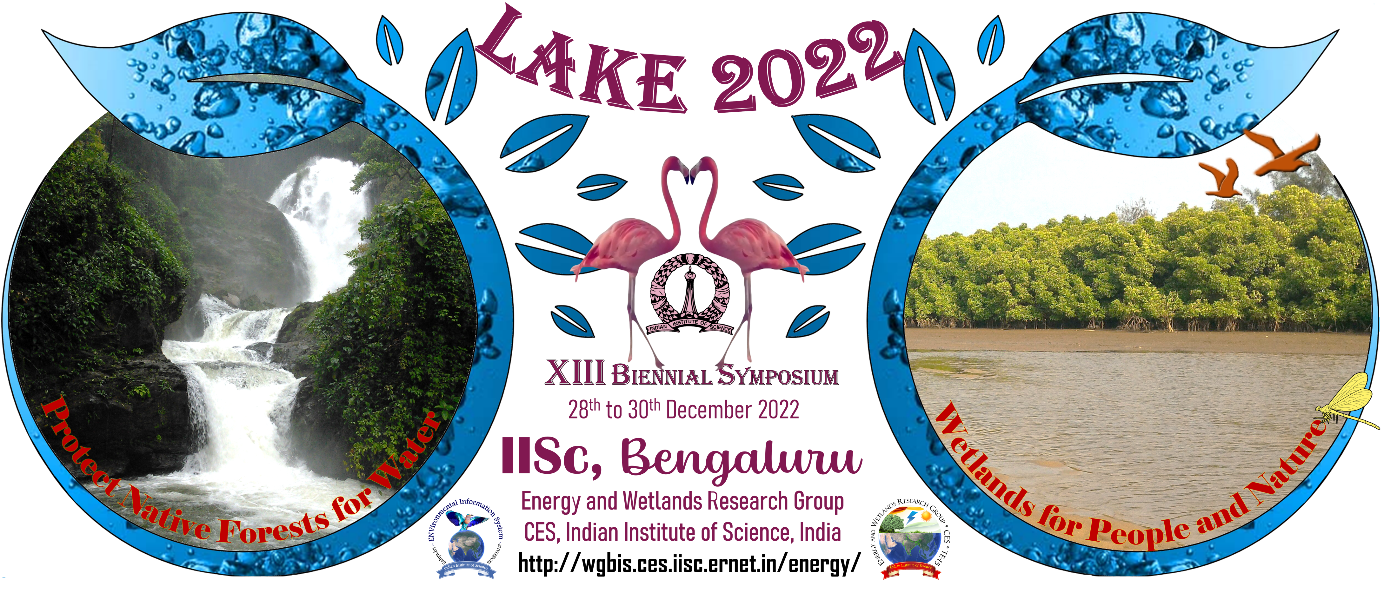LAKE 2022: CONSERVATION OF WETLANDS: ECOSYSTEM-BASED ADAPTATION OF CLIMATE CHANGE
[THE 13TH BIENNIAL LAKE SYMPOSIUM]





LAKE 2022: CONSERVATION OF WETLANDS: ECOSYSTEM-BASED ADAPTATION OF CLIMATE CHANGE
[THE 13TH BIENNIAL LAKE SYMPOSIUM]





Scope
Lake 2022 Symposium focussing on Conservation of Wetlands: Ecosystem-based Adaptation of Climate
Change (during 28-30th December 2022) provides a unique opportunity to increase understanding of the
role of ecosystems in sustaining the food and water with the challenges faced by these fragile
ecosystems. The forum would demonstrate the vital role of ecosystems for the future of humanity and
specifically their relevance towards achieving the new Sustainable Development Goals.
Lake 2022 conference: Lake 2022 forum would deliberate on nature based solutions through protection,
restoration, and sustainably managing ecosystems in ways that increase their resiliency and ability
to address those societal challenges, while also safeguarding biodiversity and improving human
wellbeing. Lake 2022 participants include all stakeholders (Researchers: 30%, School students and
teachers: 20%, college and university students: 20%, NGO’s, community representatives: 20%,
government officials (local, state and centre): 10%
Lake 2022 would focus not only on updating the current knowledge of the scientific community but
also would bring in awareness among students, teachers, practitioners and the public. This would
provide a platform for interaction among researchers, policymakers, academics and NGOs and address
the issues related to wetlands and biodiversity in an era of climate change. This would help develop
a stronger network among experts and institutions to develop efficient strategies for conserving and
managing fragile ecosystems. As a part of the conference, it has been decided to have theme-based
lead lectures by eminent scholars, paper and poster presentations by researchers, school and college
students.
Objectives
Focus of Lake 2022 would be (i) assessment of the present status and conservation aspects of
ecosystems (terrestrial, aquatic - wetlands, lakes, tanks, ponds, swamps, streams and rivers), (ii)
presentation by researchers, practitioners, students of case studies focusing on biodiversity,
ecology, present status, threats, conservation measures required, (iii) discussion of current
initiatives of conservation and management, (iv) role of education institutions, non-governmental
organisations, religious organisations, (v) discussion of people’s livelihood and fundamental right
towards equitable resource allocation through scientific assessment of ecosystem goods and services,
(vi) presentation by students (schools and colleges) based on documentation focusing on wetlands –
biodiversity, present status, ecology, conservation and protection needs, (vii) allocation of
financial and human resources to conserve and protect ecologically fragile ecosystems, (viii)
proposals by students and non-governmental organisations for conservation, protection, restoration
and sustainable management of aquatic ecosystems, (ix) discussion on research gaps and activities to
be initiated by researchers to evolve appropriate strategies towards conservation of ecosystems in
Western Ghats, (x) application of advanced technologies – big data, artificial intelligence (AI),
Machine Learning (ML) and Deep Learning techniques for monitoring and sustainable management of
ecosystems, (xi) developing SDSS – spatial decision support system for planning and management of
ecosystems, and (xii) developing strategies for conservation and sustainable management of aquatic
ecosystems in Western Ghats to sustain water, food and human livelihood.
Students, Teachers Corner
Orientation Programs
Videos at YouTube
Ecosystem Monitoring - Design of Experiments Birds Butterfly Insects Macrophytes Algae Water Fish Plants Biodiversity